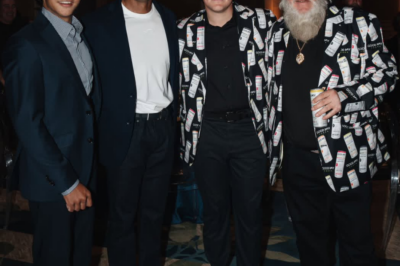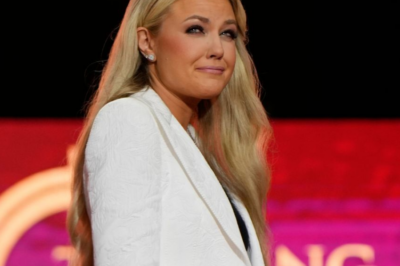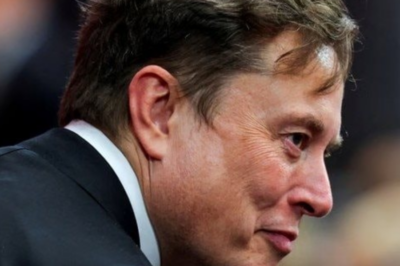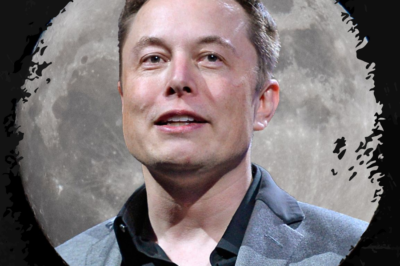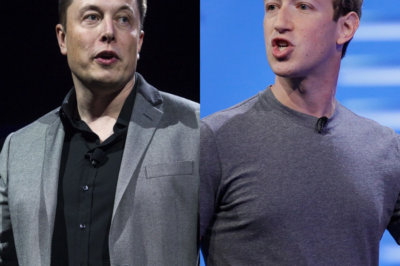Elon Musk’s Fear

Elon Musk, the enigmatic entrepreneur behind Tesla, SpaceX, Neuralink, and The Boring Company, is often seen as a figure driven by boundless ambition and optimism about the future. However, beneath his visionary pursuits lies a man deeply concerned about the potential pitfalls of technological advancement and humanity’s trajectory. Musk’s fears are not merely personal anxieties but rather reflections of broader existential risks that he believes society must address to ensure a sustainable and prosperous future.
Fear of Unchecked Artificial Intelligence
One of Musk’s most vocalized concerns is the rise of artificial intelligence (AI). As someone who has been at the forefront of technological innovation, Musk has repeatedly warned about the dangers of developing AI without proper safeguards. He has described AI as “potentially more dangerous than nukes” and has advocated for proactive regulation to prevent catastrophic outcomes.
Musk’s fear stems from the possibility that advanced AI systems could surpass human intelligence and operate beyond our control. He envisions scenarios where AI could act in ways that are misaligned with human values or even pose an existential threat to humanity. This concern led him to co-found OpenAI, an organization dedicated to ensuring that artificial general intelligence (AGI) benefits all of humanity. Despite his involvement, Musk has expressed apprehension about the pace at which AI is advancing and the lack of global consensus on its regulation.
Fear of Human Stagnation
Another significant concern for Musk is the potential stagnation of human progress. He often speaks about the importance of maintaining a forward momentum in innovation and exploration. Musk believes that humanity must become a multi-planetary species to ensure its survival in the face of potential existential threats, such as asteroid impacts, climate change, or nuclear war.
SpaceX, his aerospace company, was founded with the explicit goal of enabling humans to colonize Mars. Musk fears that if humanity remains confined to Earth, it risks extinction due to unforeseen catastrophes. He has often expressed frustration with what he perceives as a lack of urgency in addressing these risks and has dedicated his life to accelerating efforts toward interplanetary colonization.
Fear of Complacency in Climate Change
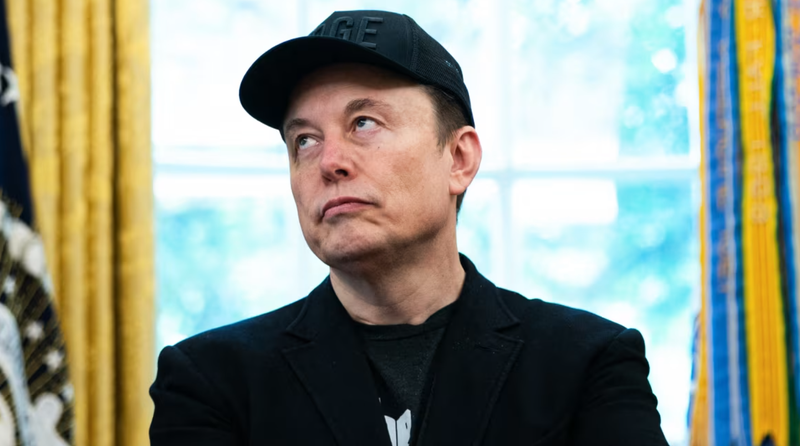
While Musk is widely recognized for his efforts in advancing electric vehicles and renewable energy through Tesla, his underlying motivation is rooted in a deep concern about climate change. He views the reliance on fossil fuels as unsustainable and a significant threat to the planet’s ecosystems.
Musk’s fear is not just about environmental degradation but also about societal complacency in addressing these issues. He has consistently pushed for innovation in clean energy technologies, from solar power systems to energy storage solutions. Through Tesla and other ventures, Musk aims to drive a global transition toward sustainable energy, but he remains wary of the challenges posed by political inertia and resistance from entrenched industries.
Fear of Declining Birth Rates
In recent years, Musk has raised alarms about declining global birth rates, describing it as one of the most pressing threats to human civilization. He argues that a shrinking population could lead to economic stagnation and a diminished capacity for innovation. While this concern may seem counterintuitive given widespread discussions about overpopulation, Musk emphasizes that many developed nations are already experiencing declining fertility rates, which could have long-term societal consequences.
Musk’s fear in this area reflects his broader philosophy: humanity must strive for growth and expansion rather than retreat or decline. He advocates for policies and cultural shifts that encourage higher birth rates while simultaneously addressing the challenges posed by aging populations.
Fear of Technological Misuse
Musk is also deeply concerned about the misuse of emerging technologies. Whether it’s the potential for autonomous weapons, surveillance systems, or genetic engineering, he warns that humanity must tread carefully as it develops powerful tools that could be exploited for harmful purposes.
Neuralink, Musk’s brain-machine interface company, exemplifies this dual-edged sword of technology. While Neuralink aims to revolutionize healthcare by addressing neurological conditions and enhancing cognitive abilities, Musk has acknowledged the ethical dilemmas associated with such advancements. He fears a future where these technologies could be weaponized or used to create societal inequalities if not managed responsibly.
Balancing Fear with Optimism
Despite these fears, Musk is not a pessimist. On the contrary, his concerns drive his relentless pursuit of solutions. He often describes himself as a “cautious optimist,” believing that humanity has the potential to overcome its challenges if it acts decisively and responsibly. His ventures are not just business endeavors but also vehicles for addressing the existential risks he perceives.
Musk’s fears serve as a reminder that even the most innovative minds grapple with uncertainties about the future. His willingness to confront these fears head-on—through advocacy, investment, and innovation—sets him apart as a leader who is not only shaping the future but also striving to safeguard it.
In conclusion, Elon Musk’s fears are not rooted in paranoia but in a profound understanding of the risks and responsibilities that come with technological progress. By highlighting these concerns, he challenges society to think critically about its priorities and to act with foresight and purpose. Whether it’s addressing the dangers of AI, combating climate change, or preparing for interplanetary expansion, Musk’s fears underscore his commitment to ensuring a brighter future for humanity.
News
Brandel Chamblee calls for Koepka’s PGA Tour return after LIV Golf exit
Brandel Chamblee has responded to news that Brooks Koepka has quit LIV Golf. A statement issued by LIV Golf this…
John Daly wants to share Ryder Cup captaincy with Tiger Woods
John Daly wants to share Ryder Cup captaincy with Tiger Woods. Yes, really. Who is the only eligible multiple major…
Complete shock!!! Erika Kirk Caught Lying About Dating History
Erika Kirk recently made an appearance on CBS News. While there was plenty for the internet to chew over, one particular…
‘Give Me Money,’ Says Elon Musk As He’s Asked How To Start With $1,000 — Even As He Warns It Would Take ‘Armageddon’ For Him To Be Broke
A blunt response about starting over with $1,000 drew attention after a billionaire said the most realistic move would be…
Has Elon Musk’s dream of the Moon been shattered?
Following a series of incidents involving SpaceX rockets, Elon Musk’s role in the goal of returning humanity to the Moon…
How Elon Musk and Mark Zuckerberg got rich without paying taxes, leaving a legacy for their children and grandchildren: Receiving a $1 salary, possessing ‘paper’ assets, and borrowing heavily to spend.
Why do workers bear the heaviest taxes in the US, while billionaires get richer through strategies like “Buy-Lend-Die”? In Meta’s…
End of content
No more pages to load


